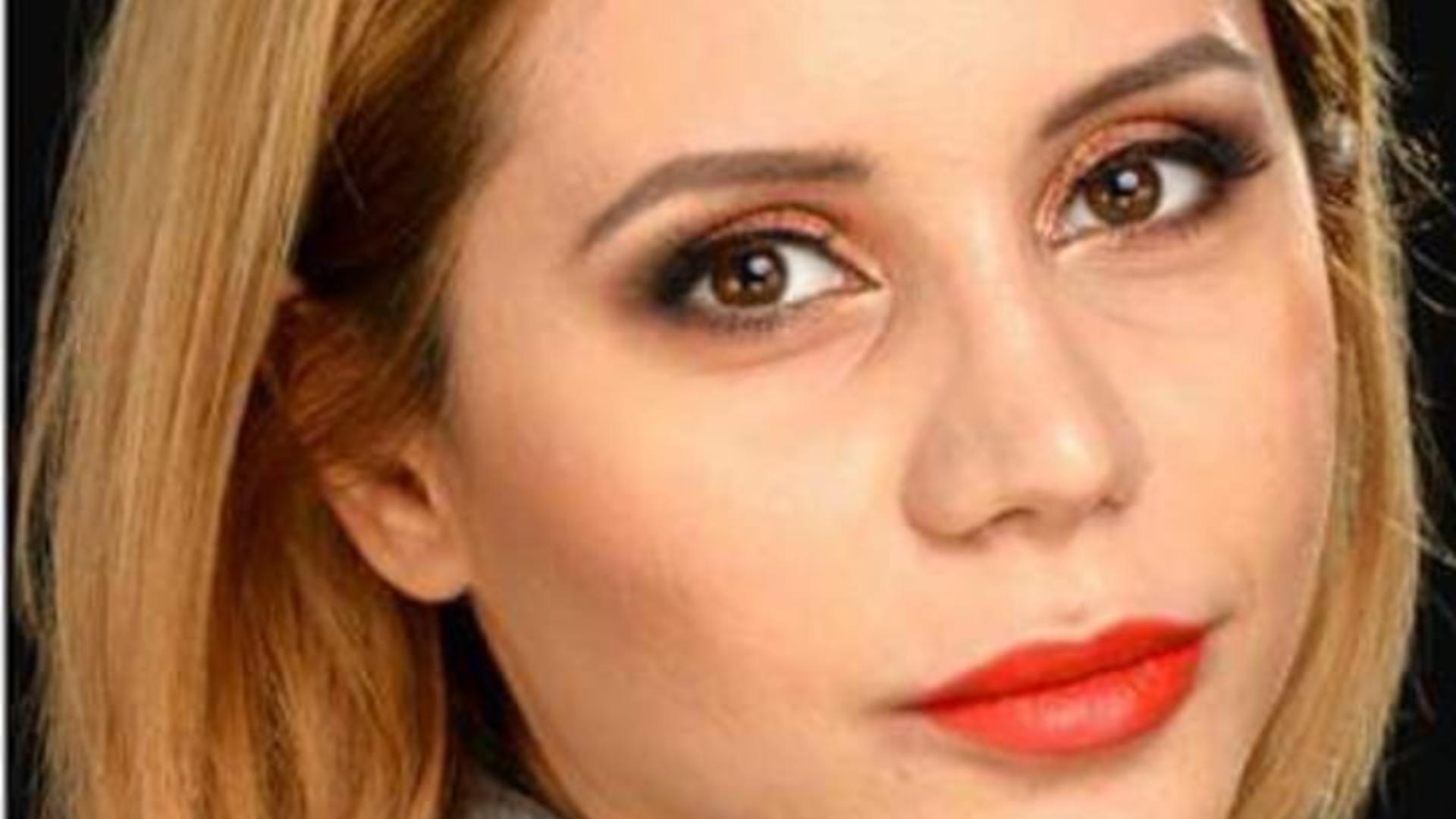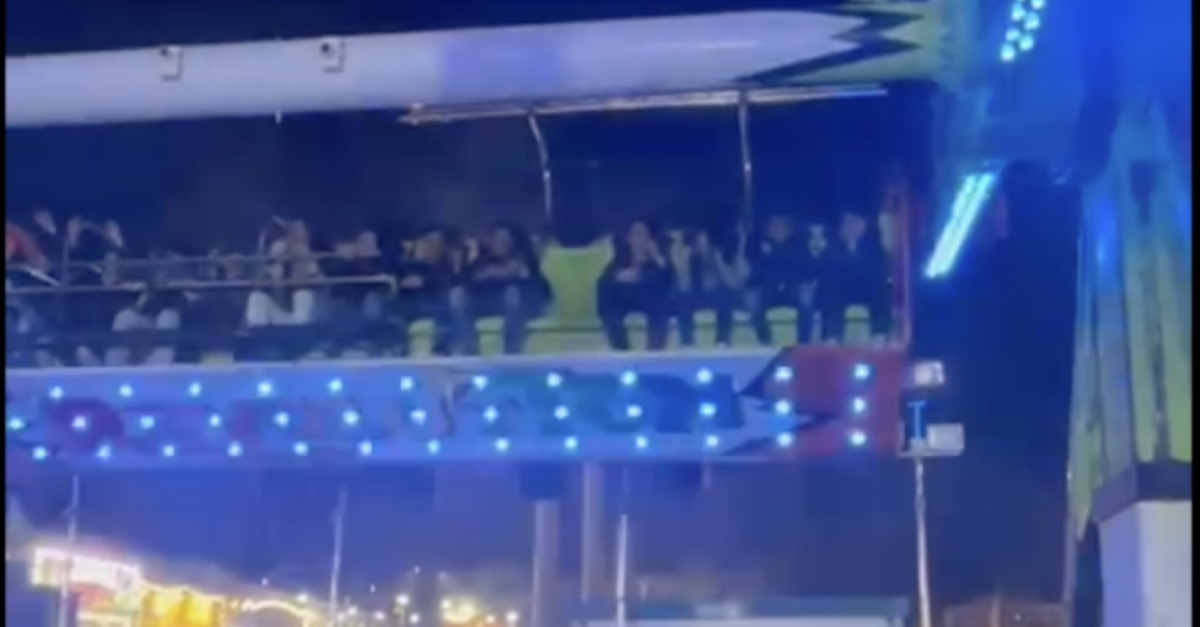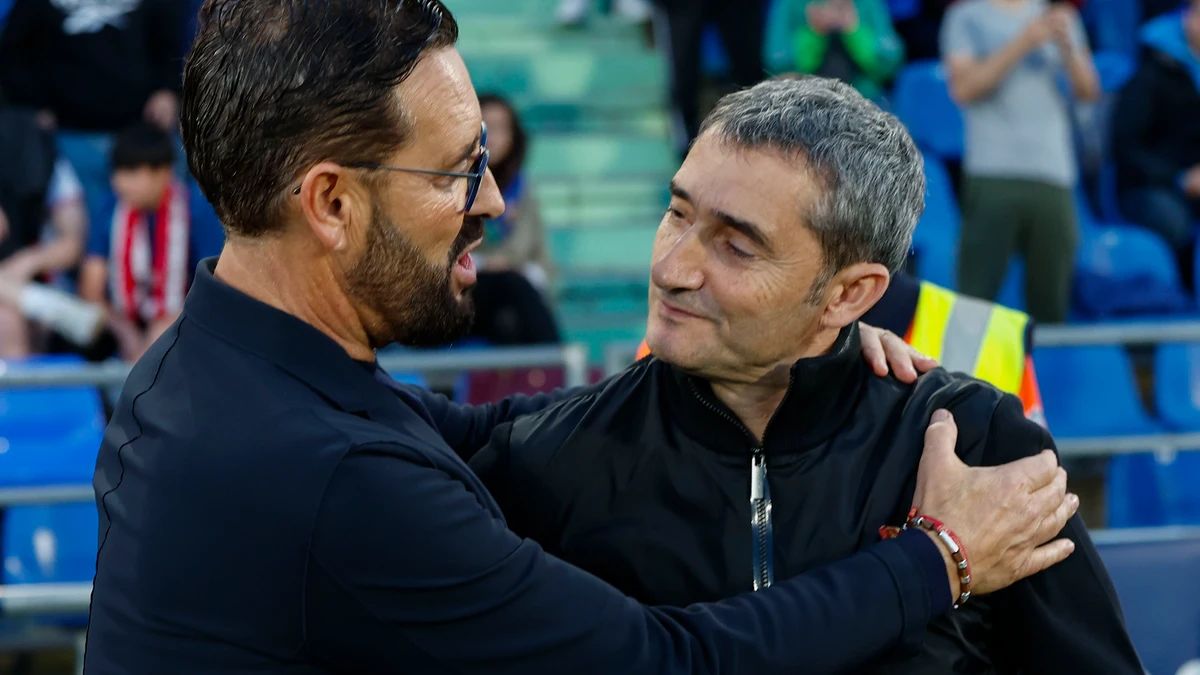Students in scrubs surrounded the bed of a “patient” Thursday at Indiana University Northwest as they took vitals, asked questions and reviewed the patient chart to remedy the patient’s complaints.
They gathered by the hospital bed on the stage at Bergland Auditorium in teams of three to test their nursing skills in a timed round-robin competition as part of the annual SIM Wars, a simulation competition that highlights what the students have learned in the week leading up to finals week.
Four teams each consisting of a senior, junior and sophomore nursing student appeared on stage one at a time to tackle the scenario and resolve the patient’s concerns. The teams were selected in advance, Crystal Shannon, dean of the College of Health and Human Services and director of nursing, said. Students did not know what scenario they would be tasked with handling.
“These are patient care scenes,” Shannon said. SIM Wars are a fun way to let students demonstrate what they have learned in a friendly competition outside of the regular classroom. It builds what she described as “an active robust (nursing) simulation program.”
In the first round, a med-surg scenario is described to the team members, who must determine what is happening with the resources they would find in a typical hospital room interaction.
“They don’t tell us what they are going to do, they are showing us,” Shannon said.
Indiana University School of Nursing students, reflected in a screen meant to obscure competitors from actors, look over documentation as they participate in a simulated hospital scenario during the annual SIM Wars competition on Thursday, April 25, 2024. (Kyle Telechan/for the Post-Tribune)
If they are successful treating the condition the patient is presenting with, the simulation ends. A countdown clock on a large screen behind the mock hospital room ticking down from 15 minutes provides the backdrop for students competing and watching.
All four teams were able to master the scenario before the time ran out, with the two top-performing teams moving on to a more challenging simulation. The top-performing team in that scenario wins SIM Wars.
During the break between each group, the atmosphere remained festive and competitive as everyone participated in a Jeopardy-style game about nursing. Each grade level competed to gain the title, answering questions in categories including assessment, perfusion and oxygenation, and nursing processes among others.
Shannon said before SIM Wars, instructors recruited the 12 challenge participants. Most of the 200 students in the nursing program attend the event, which is a run-up to finals week beginning Monday.
Indiana University School of Nursing students surround a dummy with a simulated illness as they participate in the annual SIM Wars on Thursday, April 25, 2024. (Kyle Telechan/for the Post-Tribune)
Junior Marrin Brandt of Valparaiso, sophomore Jackson Mielczarek of Lowell and senior Dylan Rouhselang of Valparaiso were on one team, while senior Latoya David of Griffith, sophomore Valerie Mendoza of Hammond and senior Kayla Cheeks of Portage were another of the four teams participating.
“We paused a lot,” Mielczarek said critiquing his team’s performance. “I was kind of nervous.”
“You couldn’t think about the crowd,” Rouhselang said. Overall they said things went pretty well once they got past their nerves.
“I think we did good,” Mielczarek said.
Mendoza said the competition helped participants act quickly and think critically.
The simulations also help teach students to look at the small things that they may not think are the problem, Cheeks said.
Indiana University School of Nursing students react during a game of medical Jeopardy between rounds of the school’s annual SIM Wars on Thursday, April 25, 2024. (Kyle Telechan/for the Post-Tribune)
David said her teammates did well during the competition and thought of things that she on her own did not.
“It’s better having a team. Everybody is kind of thinking together,” she said.
Brandt said the simulations were helpful, but she wished the challenge was in the middle of the semester and not the week before finals.
“I like the simulations. I think they are super helpful,” Brandt said.
cnapoleon@chicagotribune.com





